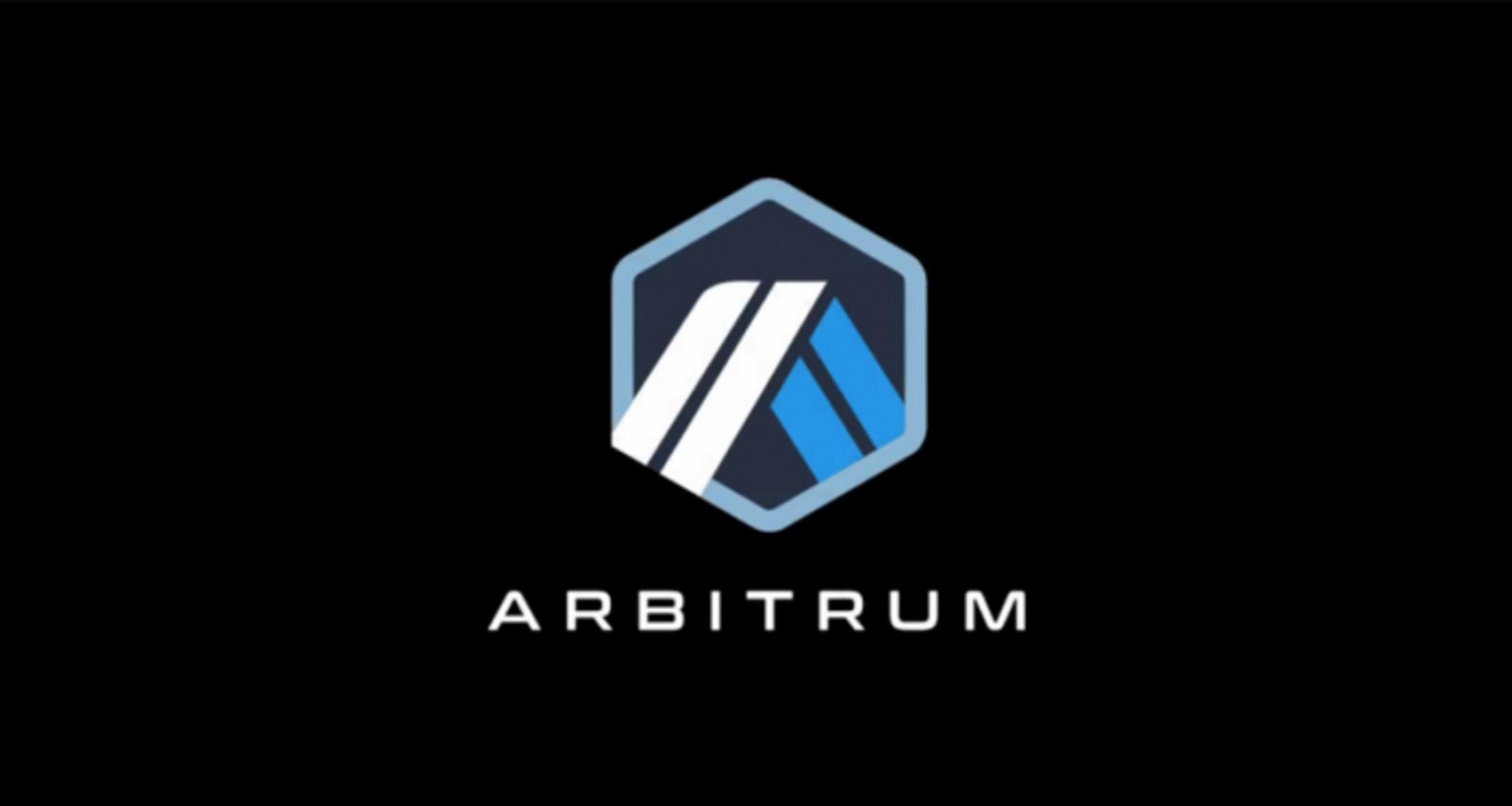Arbitrum has achieved a milestone by surpassing $300 billion in trading volume on Uniswap, becoming the leading layer 2 network in decentralized finance. This success highlights Arbitrum’s growing significance in making Ethereum transactions faster and cheaper.
Arbitrum is built to help Ethereum manage transactions at lower prices by processing activities off-chain and then broadcasting summaries back to the main network. It uses rollups, combining several transactions together and assuming they are genuine unless challenged. This speeds up transactions and keeps costs down. Major projects like Uniswap, Sushiswap, and Curve currently operate on Arbitrum, highlighting its growing significance in the ecosystem.
Arbitrum User Growth and On-Chain Expansion
Arbitrum has enjoyed growth in user adoption and on-chain activity since early 2025, with its transaction volume increasing by over 40% earlier this month. This increase surpasses that of competing layer 2 networks such as Optimism, Base, and zkSync, which have experienced slower or diminishing activity.
The increase is powered by popular decentralized applications such as Uniswap, GMX, Aave, Camelot, Fluid, Dolomite, and Layer3. Additionally, Arbitrum’s recent “Operation Slowmo” upgrade, which increased block time to 2 seconds, has enhanced transaction clarity and user experience.
Competitive Market and Innovations
Arbitrum remains a contender among layer 2 solutions, competing closely with Optimism, Polygon, and Base. Its recent inclusion of zkVerify promises to increase zero-knowledge proof efficiency, boosting security without slowing transactions. Arbitrum combines EVM compatibility with great scalability, attracting significant DeFi projects and developers, unlike other rivals.
While Base and Optimism also dominate in activity and revenue, Arbitrum’s constant improvements maintain it ahead in user engagement and ecosystem expansion. This edge is essential as layer 2 networks strive to reduce Ethereum’s congestion and fees.
Arbitrum’s ability to reduce network congestion and lower fees underscores its growing influence on DeFi and Ethereum’s ecosystem. Its compatibility with Ethereum smart contracts boosts its popularity as well as facilitates simple transfer of DeFi apps. Projects are benefiting from faster transactions and reduced expenses, like Uniswap and Aave. Arbitrum enhances Ethereum’s overall performance and expands the reach of decentralized finance as more protocols join.
READ MORE: Cardano Eyes Bullish Breakout After 17% Monthly Drop, Testing Key Trendline Resistance












